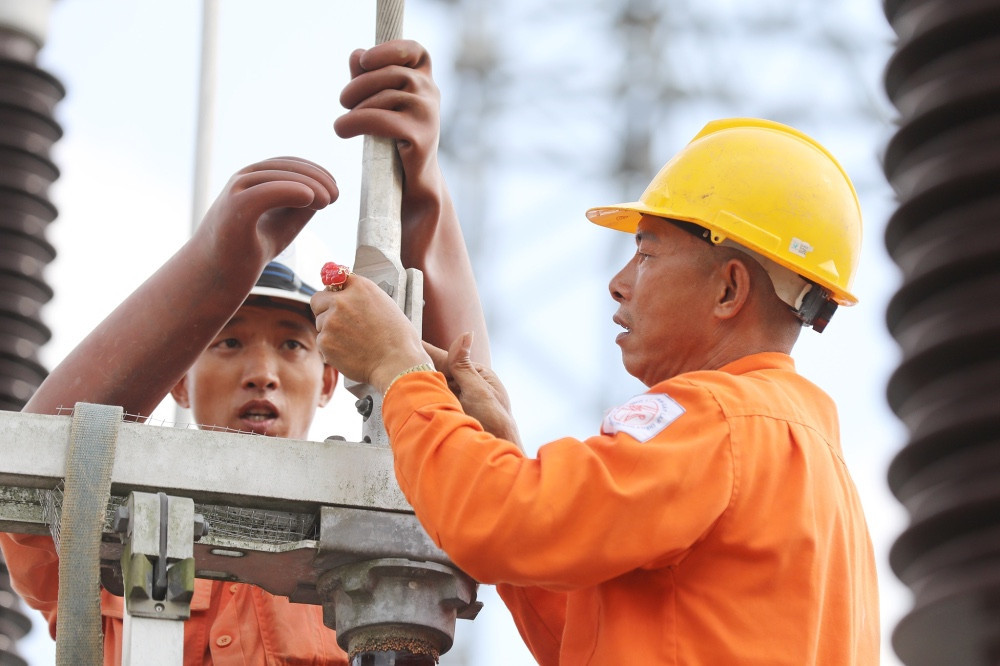
Under a new proposal, electricity prices could be adjusted every two months instead of three, as long as the average electricity retail price increases by 2% or more compared to the current rate.
This change is aimed at better reflecting market fluctuations and ensuring the profitability of the Vietnam Electricity Corporation (EVN).
Shorter intervals for price adjustments
The Ministry of Industry and Trade is currently seeking public feedback on a draft decree outlining the timing, criteria, and procedures for adjusting the average electricity retail price.
This initiative aims to implement the Electricity Law No. 61/2024/QH15, aligning pricing regulations with current production costs and market dynamics.
It also reflects the restructuring of electricity market operations, with the system operator now functioning independently of EVN, and ensures profit determination across different segments of the electricity industry.
Under the proposal, the minimum interval between price adjustments would be reduced from three months to two.
If the average electricity retail price rises by 2% or more, a price increase would be permitted. Conversely, if the price drops by 1% or more, a reduction would be implemented, as per existing rules.
Currently, prices are only adjusted if the average retail price increases by at least 3%, with a minimum adjustment interval of three months.
Rationale for the proposal
The Ministry explained that this change aims to reflect real-time fluctuations in input costs, ensuring that prices cover legitimate expenses and generate reasonable profits for EVN while balancing the socioeconomic conditions of the country.
Additionally, it seeks to prevent sudden, sharp price hikes by allowing multiple adjustments throughout the year.
"The input variables in electricity pricing calculations are subject to significant short-term fluctuations and need to be addressed promptly to mitigate their impact on price adjustments," the Ministry stated.
For price increases exceeding 10% or with potential macroeconomic impacts, the Ministry would consult with other government bodies and report to the Prime Minister for approval.
EVN’s profit included in the pricing formula
The draft also introduces a new element to the pricing formula: the inclusion of operational and management costs, along with EVN’s annual profit margin.
Specifically, the profit margin is calculated based on the average interest rate for 12-month fixed deposits at four major state-owned banks (Vietcombank, Vietinbank, BIDV, and Agribank) as of September 30 in the five years preceding the year in question.
Experts have noted that with this formula, EVN is unlikely to incur losses unless price adjustments are delayed, as all costs and a predetermined profit margin are factored into the price.
Balancing costs and benefits
The proposed changes aim to enhance EVN’s financial stability while ensuring that price adjustments are fair and reflective of actual market conditions.
If implemented, this mechanism would offer greater flexibility in responding to input cost variations while minimizing abrupt impacts on consumers and the economy.
Luong Bang